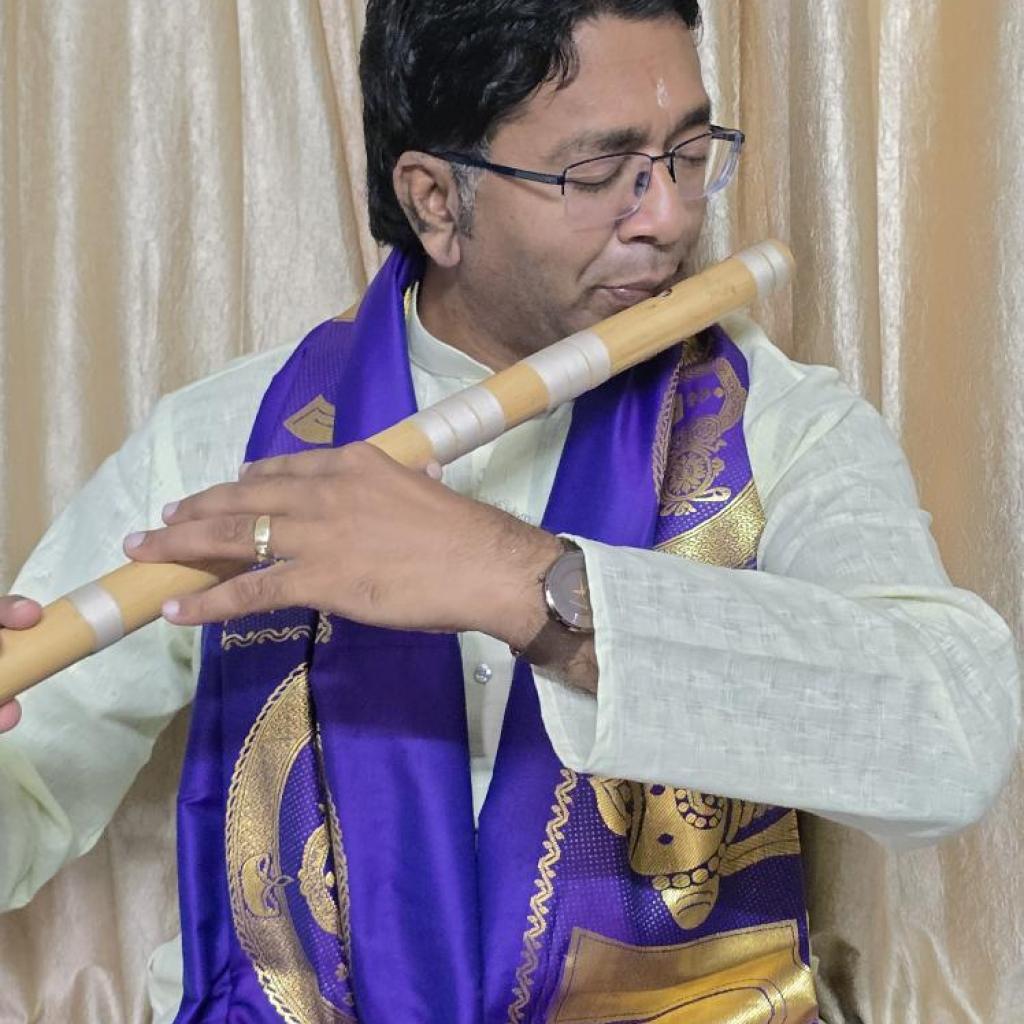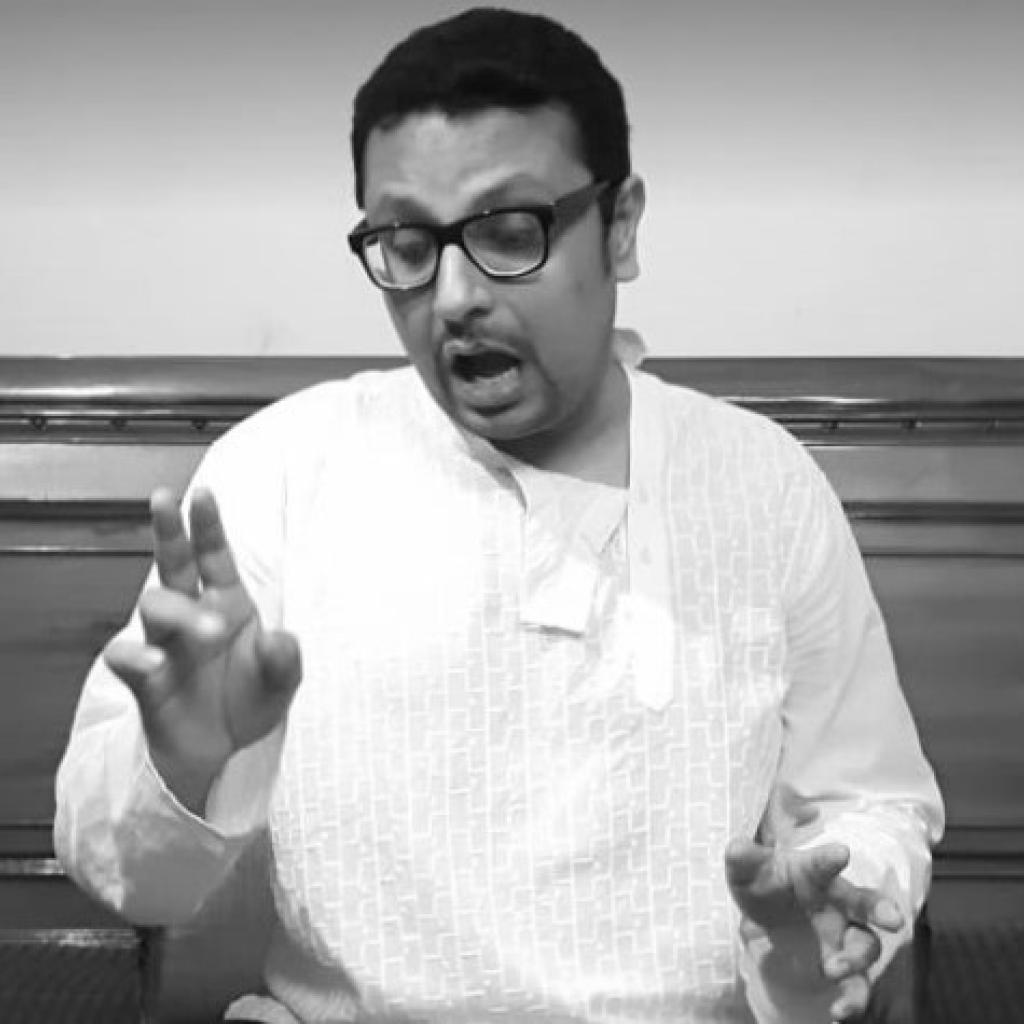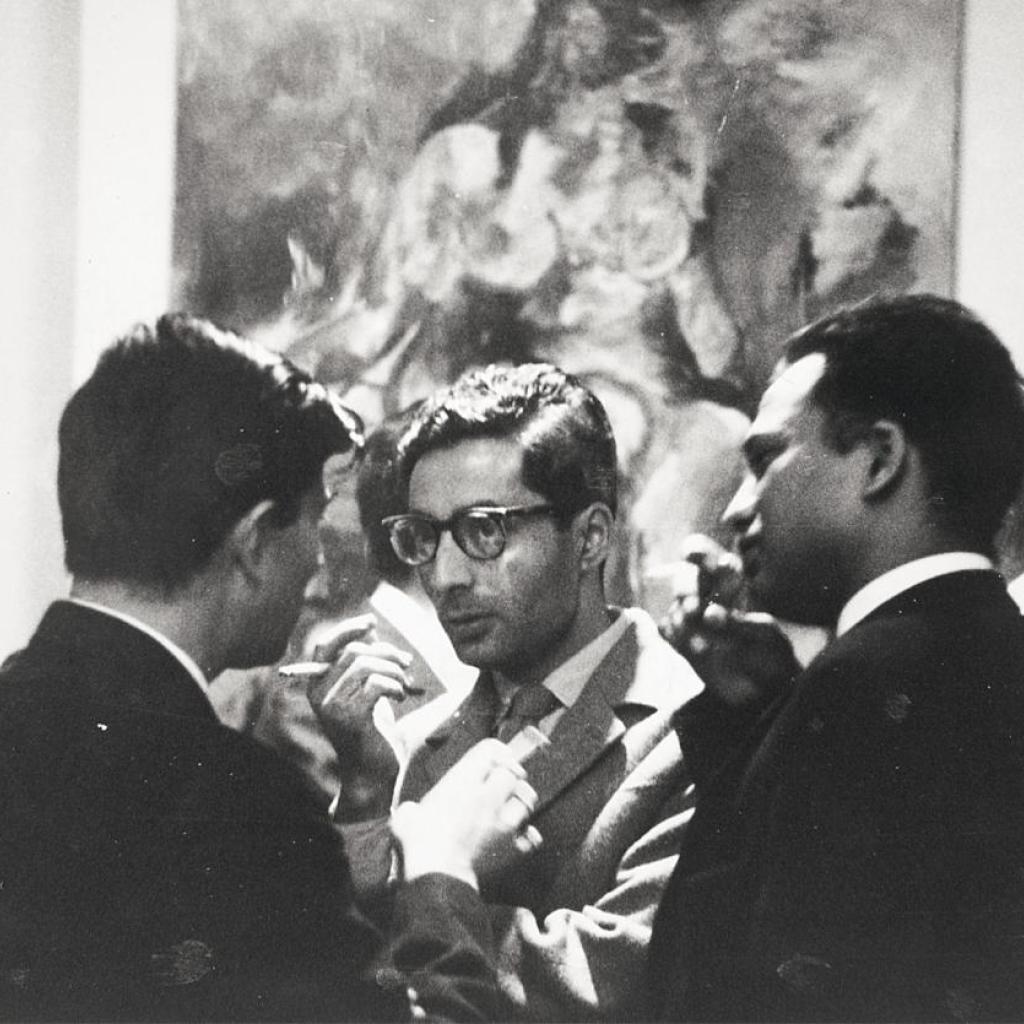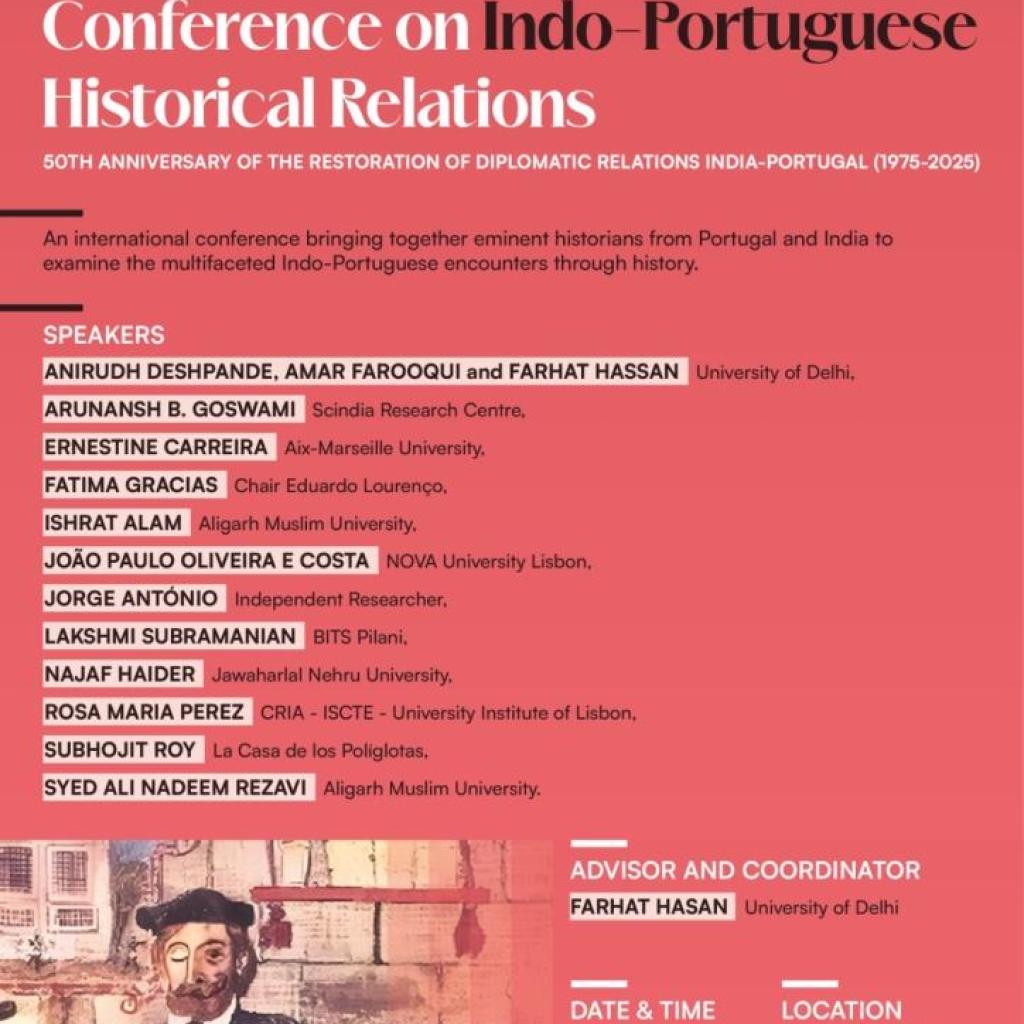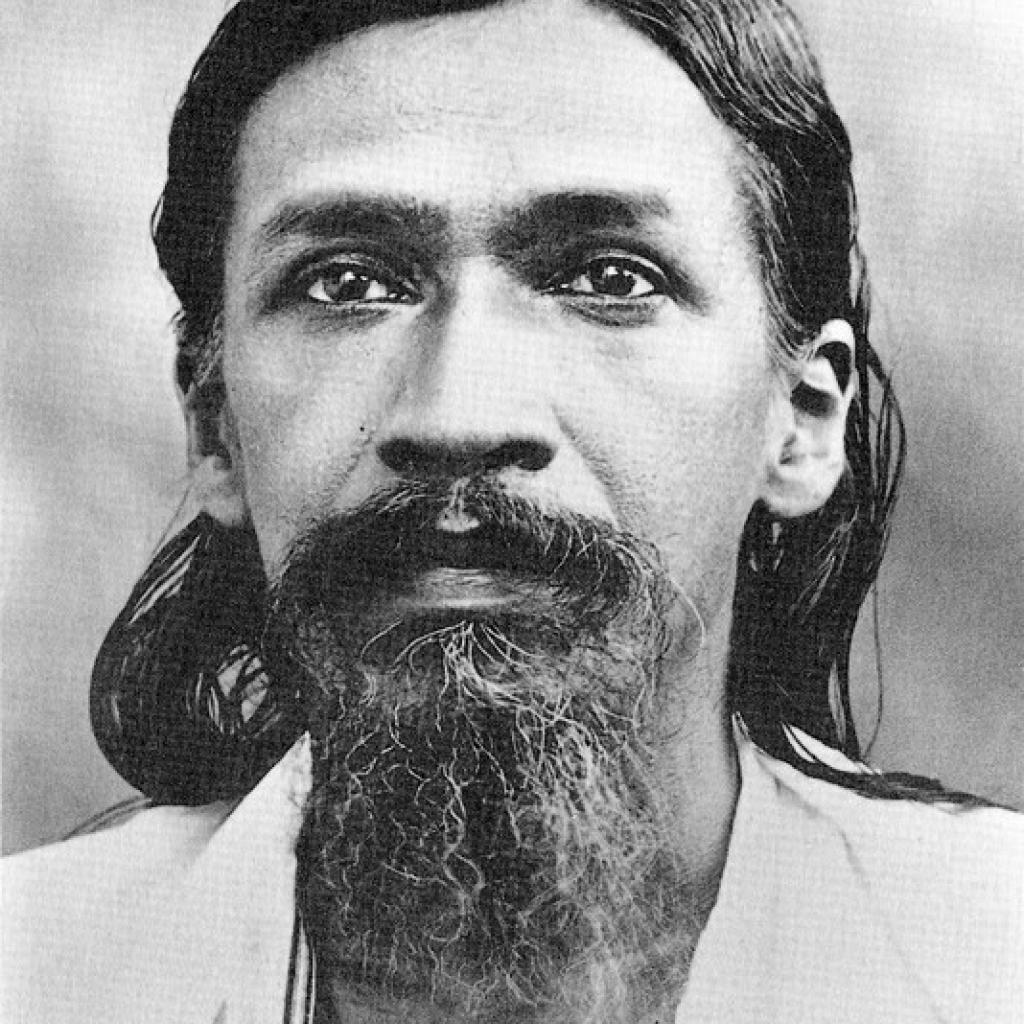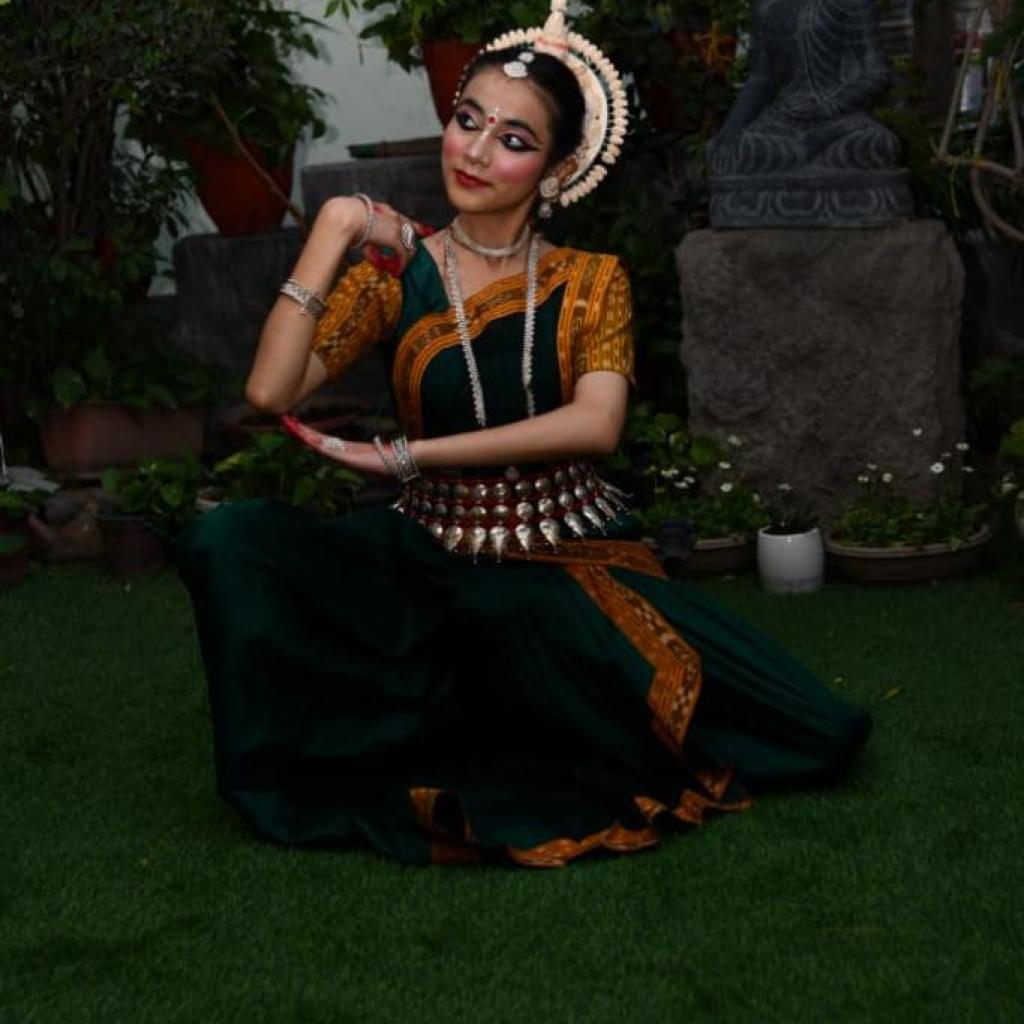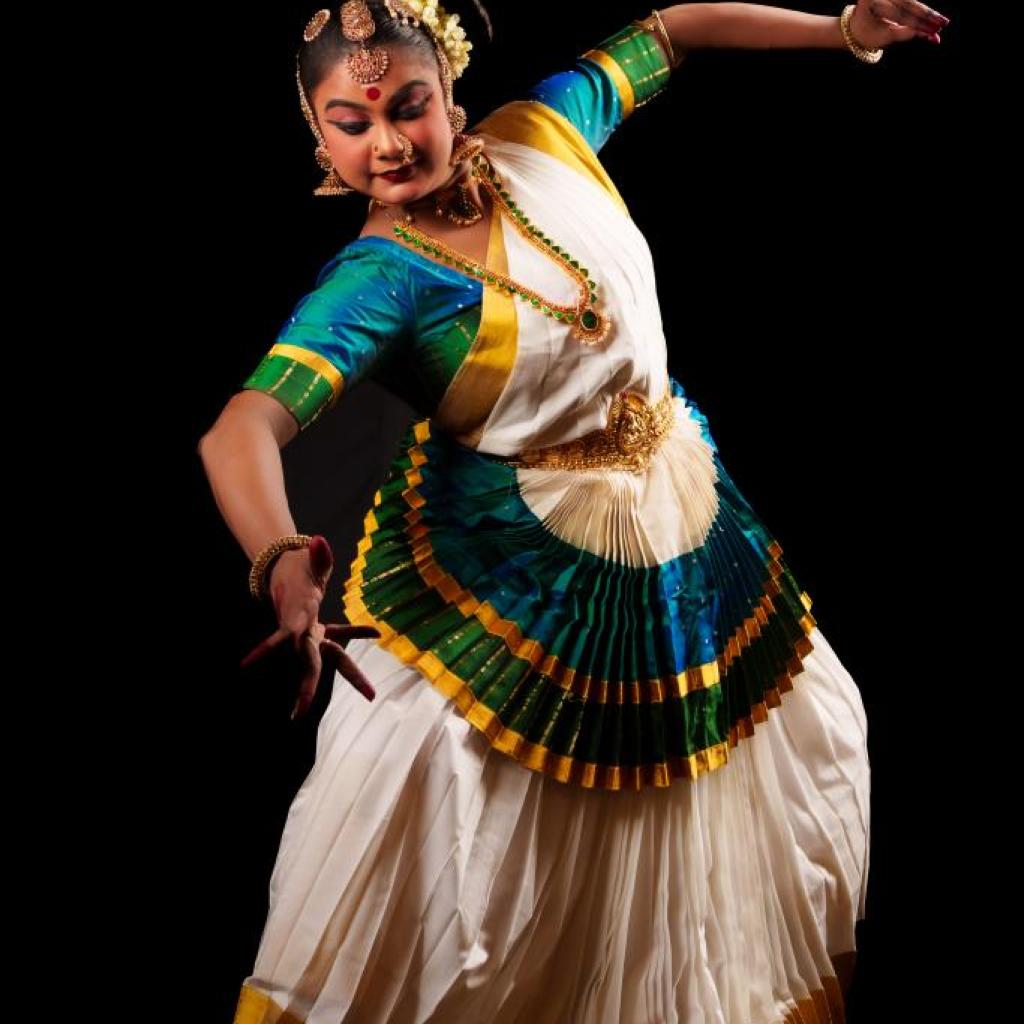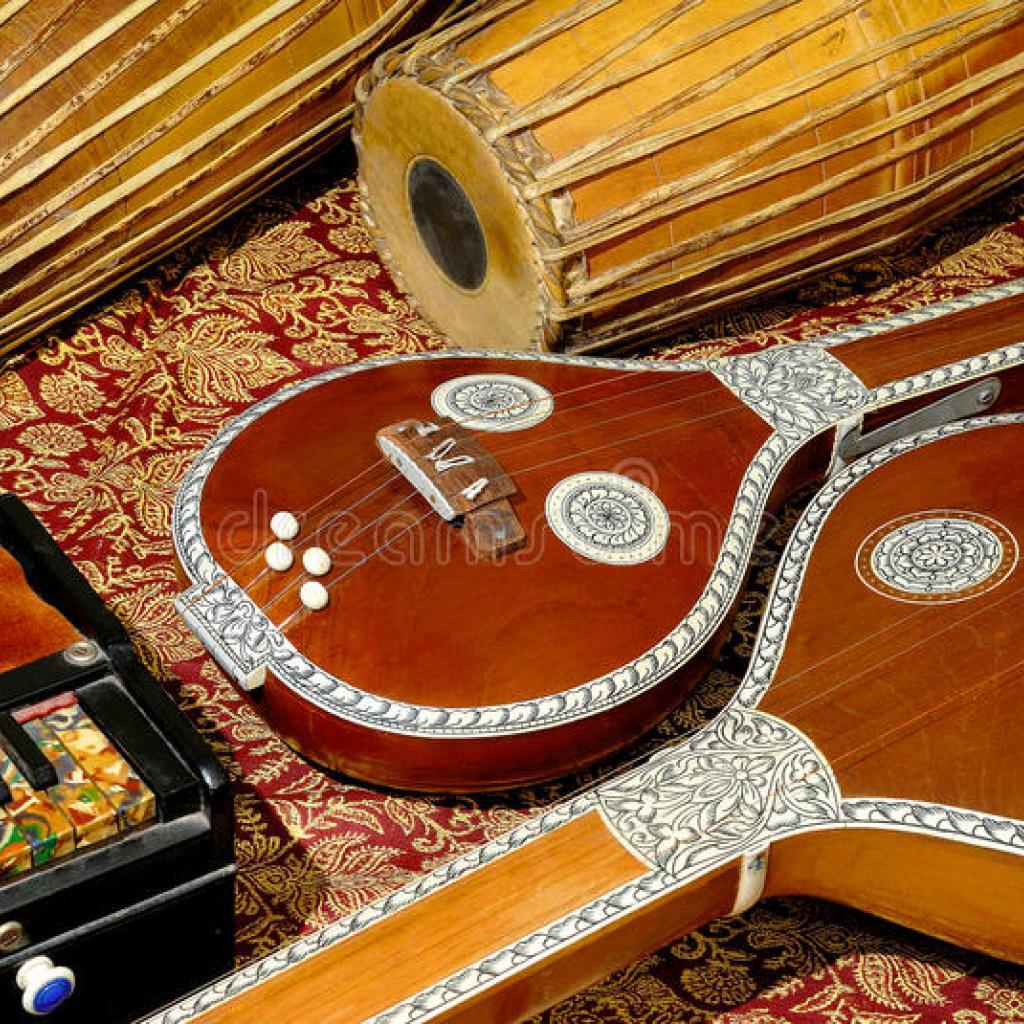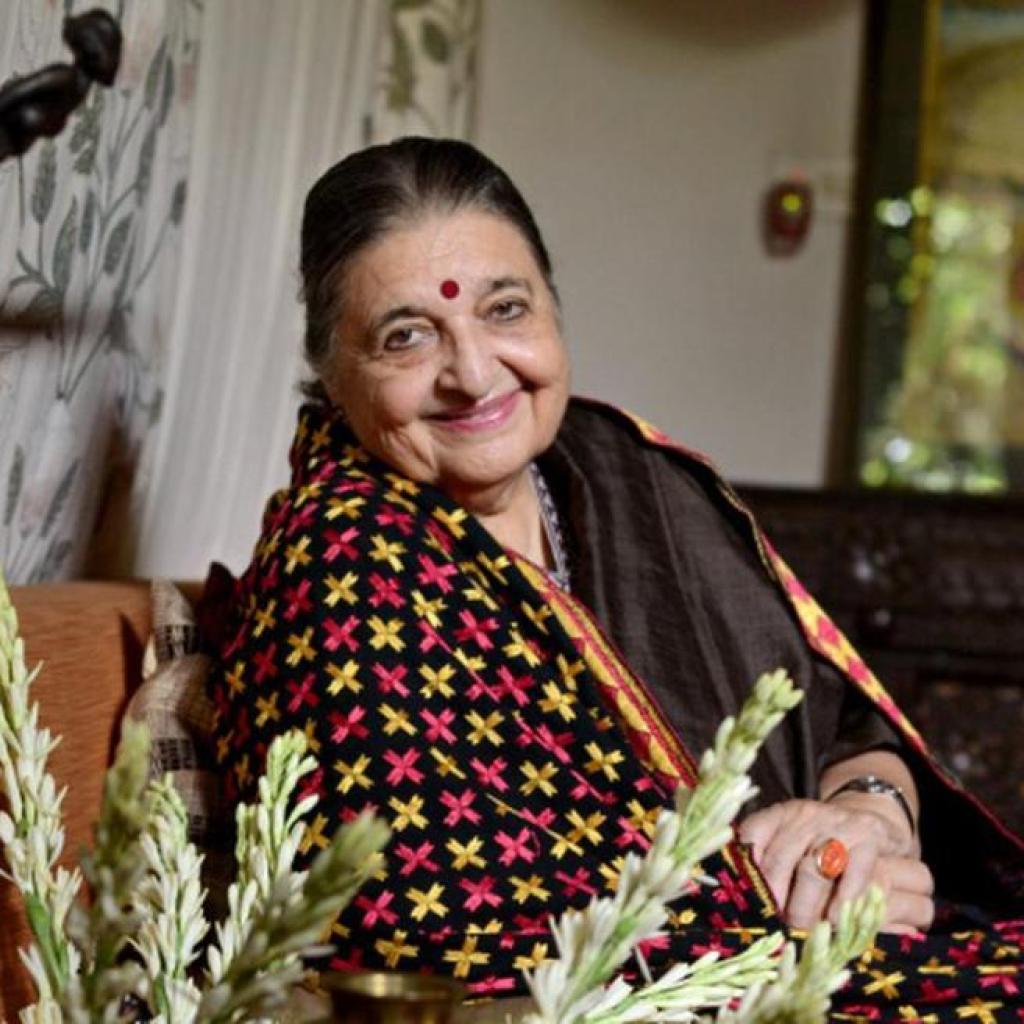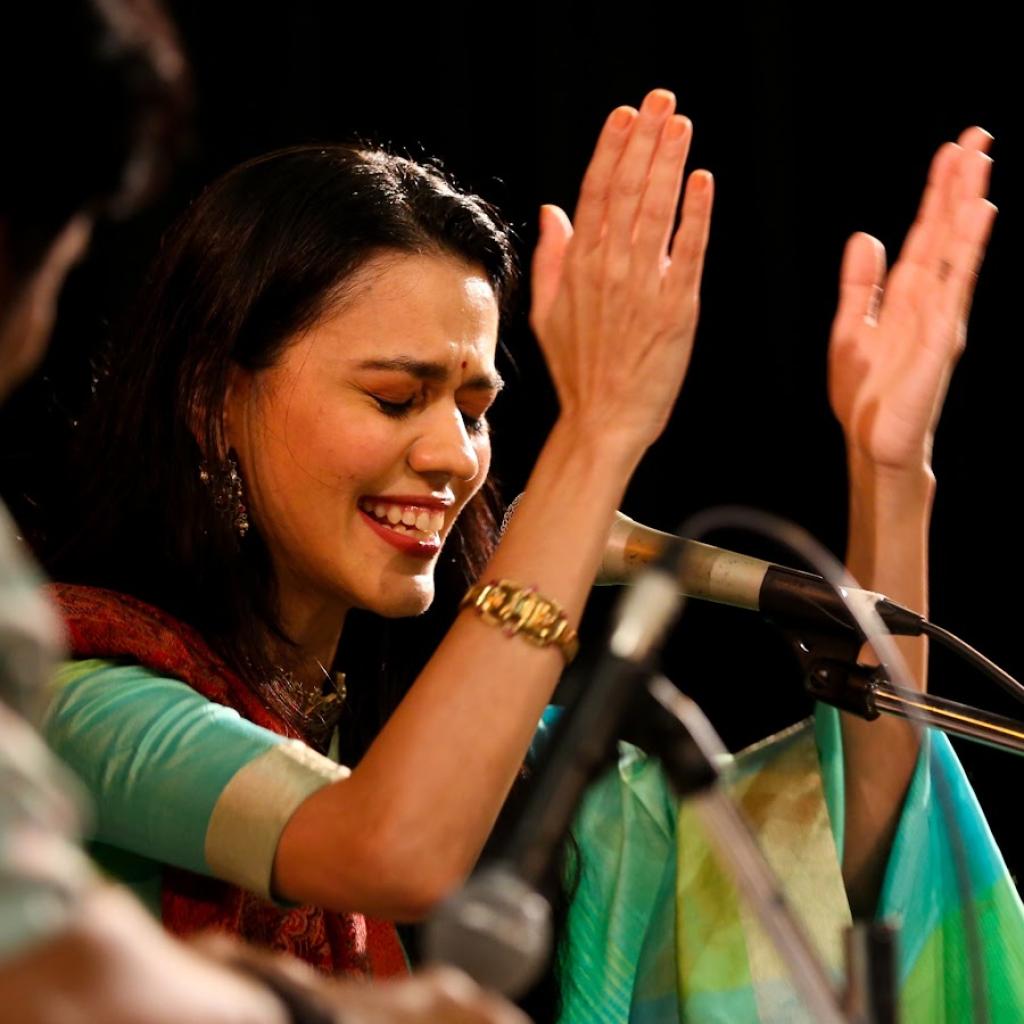Conceptualized by Dr. Ashwani Kumar
Talk and Workshop from 10:00 to 13:00
Managing Our Weight - what can we do?
The talk will be about weight control. Benefits of controlling weight include prevention of Diabetes and if already with Diabetes.
By Dr Pooja Tiwari, Assistant Prof., Department of Endocrinology & Metabolism, Central Armed Police Forces Institute of Medical Sciences (CAPFIMS)
Followed by Screening for diabetes risk including weight, height, and waist check, random blood sugar testing and counselling by Dietician.
(Strictly for IIC members & staff members only)
At 16:00
A short talk on Lighten up for Sugar Control: How Weight Management Transforms Diabetes?
By Prof. S.V. Madhu, Director Professor, Department of Endocrinology & Metabolism, UCMS & GTB Hospital, Delhi.
Obesity is a major risk factor for type 2 diabetes, with nearly 90% of people with the condition being overweight or obese. Managing obesity through weight loss with lifestyle changes, medication, or surgery is crucial for preventing or treating type 2 diabetes and improving blood sugar control. Weight management can transform type 2 diabetes by improving glycaemic control, reducing the need for medication, and offering the potential for disease remission.
Followed by Panel Discussion on
Awareness to Action: Controlling Weight to Control Diabetes!
Panelists: Dr. S.V. Madhu Director Professor, Department of Endocrinology & Metabolism, UCMS & GTB Hospital, Delhi. Dr. Nitish Naik, Prof. of Cardiology, AIIMS, New Delhi. Dr. Yashdeep Gupta, Addl. Prof. of Endocrinology & Metabolism, AIIMS, New Delhi. Mrs. Nilanjana Singh, Dietician & Nutrition Therapist.
Chair: Dr Ashwani Kumar
Followed by interactive Q & A session with the audience

